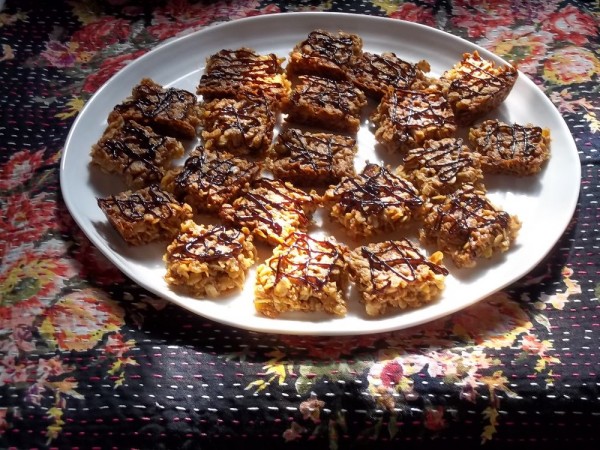Late May to early June always bring frenzied activity in the academic world. Each week succeeding waves of students wash through the library in surges of black and white sub fusc. Then comes a bit of a lull in the onslaught and gradually you realize that faces, once notable for their omnipresence, are standing out for being absent. Another set of exams finishes and often the only sign of this to those of us beavering away in the burrows – well passages and tunnels – of the labyrinthine semi-underworld that is the college library is the daily tottering skyline of returned books, which – haphazard and exhibiting varying amounts of wear and tear – demands our attention every morning. Though there may be the odd trail of glitter, silly string or rose petals dribbling across the front quad, the worst excesses of post examination celebration seem to have passed the library by. Now it is the turn of students sitting their first year exams, or those doing further degrees and this means that the library squash and biscuits continues but to a different set of faces. For the last couple of weeks I have resorted to variations on the below flapjack recipe.
FLAPJACKS
Ingredients
175 g/6 oz butter
100 g/4oz light muscovado sugar
1 good tbsp golden syrup
225 g/8-9 oz porridge oats
MethodPreheat oven to 170 degreesC/150 degrees C for fan oven/gas mark 3.
Grease and line with baking parchment a 20 cm square baking tray, letting 2 opposite edges protrude about an inch from the tray (for ease of lifting out).
In a large, heavy pan over a low heat put butter, sugar and syrup and stir gently until mixture melts and form a slightly darker syrup. Remove pan from heat and add oats (plus any additions like 2 oz roughly chopped nuts or a couple of teasp mixed chopped peel). Stir so that the dry ingredients are well coated with the syrup and then pour this mixture into the prepared tin. Smooth the surface to make the flapjacks of even depth and bake in the oven for 20-25 minutes – until starting to brown around the edges. Remove from oven and lightly mark a grid pattern on the surface according to how many and how big you want the resultant pieces to be. Leave for a while and while still warm indent the cutting lines further. When completely cold, remove flapjacks from tin using the baking parchment. Break it up.
1.For the library flapjack, I added 50g/2oz chopped cashew nuts which I happened to have in my cupboard. I also added 100g dark chocolate when the mixture was too hot so it just melted completely away. Because of this the flapjacks were rather too gooey. However they survived a bus journey and half a day in the library and were intact, though squidgey. I had made twice the amount given above and I gave some to my boss to take home. On being asked for a comment on the flapjack, her husband is reported to have said, “Yum, yum, yum”. That’s good enough for me.
2.The church flapjacks (photographed above) contained a couple of teaspoonfuls of candied peel which gave the slightest hint of citrus. When cold I dribbled the flapjacks with a trail of melted chocolate.
3.Library flapjacks for last week contained 50g/2 oz broken pecans and 50g/2oz chopped apricots .
After making flapjacks with several different ingredients, it becomes clear that you can add all sorts of things to the above basic mixture. Delia Smith notes that the only real difference lies in the amount of butter used and that if you like your flapjacks crisp, use less butter, or if you prefer them a bit soft and squidgey, use the full amount.


One Comment
A very interesting piece concerning the beautifully embroidered stoles…I had never really understood the significance of the colours!
Those flapjacks look dangerously moreish! I always wondered what made the difference between the squidgy/non squidgy variety!